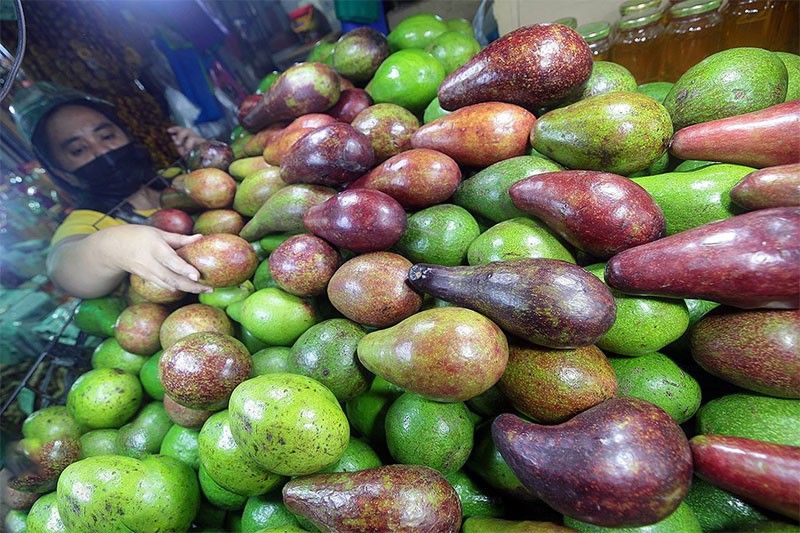DA appeals to open market in Japan for avocados

MANILA, Philippines — The Department of Agriculture (DA) is hopeful that the Philippines can finally export Hass avocados to Japan starting this year, taking a bite of the East Asian country’s $150 million market.
Agriculture Secretary Francisco Tiu Laurel Jr. has reiterated the government’s request to access the Japan market for Hass avocados during his recent meeting with Japanese Ambassador Endo Kazuya.
The DA said Tiu Laurel told Kazuya that the country is “hoping” for the final announcement of market access for avocados this year.
Tiu Laurel noted that the work plan on the phytosanitary requirements for the importation of Philippine fresh avocados in Japan was “agreed in principle” during his visit to Japan last December.
Sanitary and phytosanitary measures are necessary in facilitating the trade of goods since they certify that a product is safe for human consumption and poses no harm to human, animal and plant health.
Avocado is one of the high value crops that the DA is promoting because of its huge export potential. Last year, the government was able to secure market access for the commodity to South Korea.
Japan imported about $160 million worth of avocados in 2023.
The Philippines is currently exporting avocados to eight markets, including China, Malaysia, South Korea, Singapore, Hong Kong, Brunei Darussalam, United Kingdom and Northern Ireland.
The country exported 1.04 million metric tons (MT) of avocados in 2023, down 30 percent from the 1.49 MT in 2022, based on Philippine Statistics Authority (PSA) data.
During the same meeting, Tiu Laurel again raised the country’s long-standing request for Japan to reduce its tariffs on Philippine bananas.
Japan is one of the country’s key markets for bananas, accounting for about 40 percent of the Philippines’ annual exports of the commodity.
“A tariff reduction could further improve competitiveness and increase shipments of Philippine bananas to Japan, where it is a major part of the Japanese diet.
Based on Japan’s tariff schedule as of Jan. 1, bananas imported from the Philippines from Oct. 1 to March 31 are imposed a tariff of 18 percent. This is higher than the eight percent tariff slapped on Philippine bananas during the summer season or from April 1 to Sept. 30.
Tiu Laurel also tackled with the envoy the possibility for Japan to implement regionalization when it comes to the Philippines’ bird flu status so that local firms may export processed poultry products.
Under the concept of regionalization, a country restricts only the entry of foreign meat supplies from specific areas or regions of a trade partner that have confirmed disease outbreaks instead of imposing a blanket import ban on an entire country
The Philippines used to export processed poultry products, such as yakitori, to Japan prior to the first-ever bird flu outbreak in 2017.
- Latest
- Trending




























